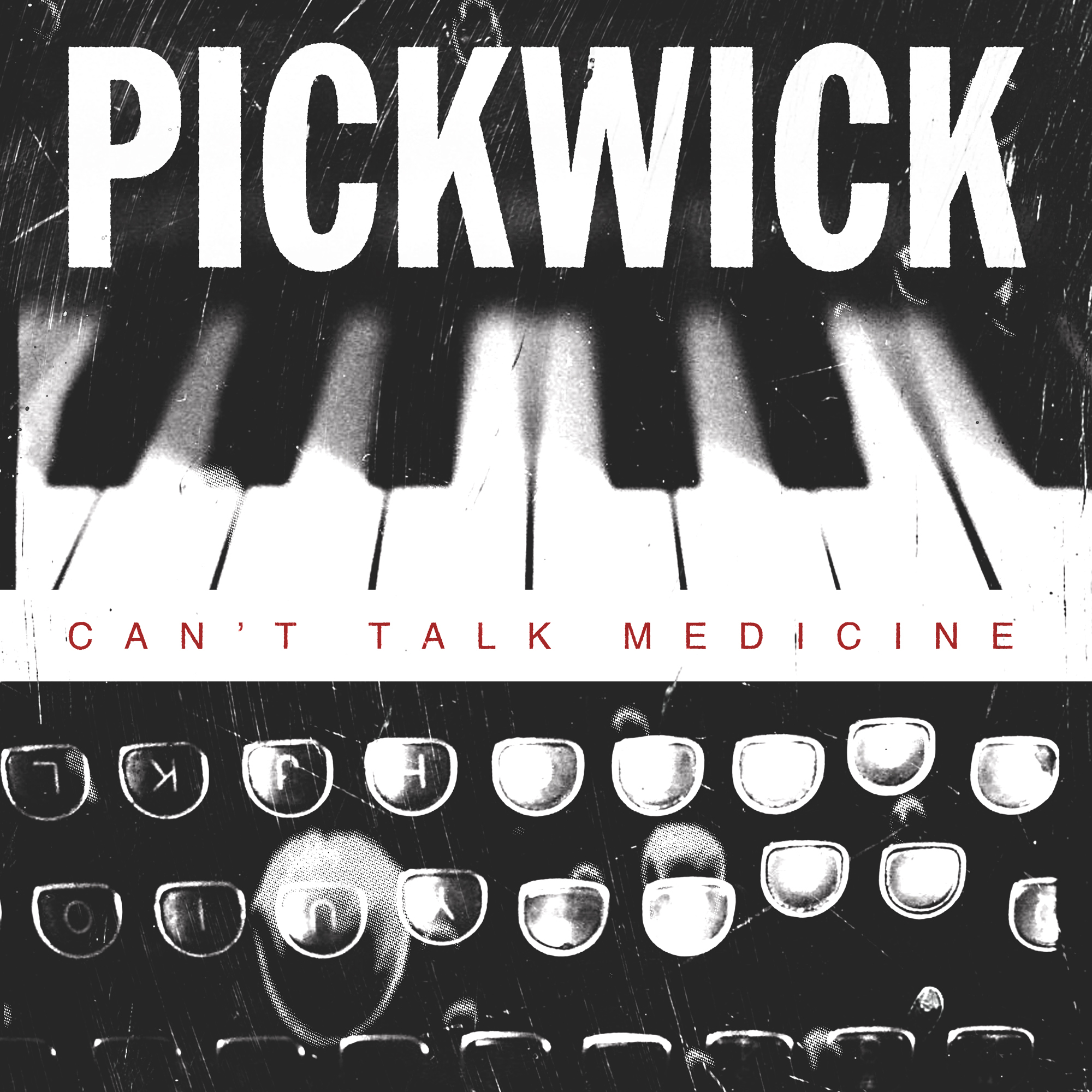OK, nothing’s FREE. But there is a legal way to listen to all the music you want without paying any cash. MOG, the music-subscription service that functions very much like Rhapsody — the 10-year-old company I profiled in the current issue of Reverb Monthly — is offering a way for digital-music listeners to get all the music they want through their service without paying a dime. But it does require you to reveal some intimate personal information once kept under lock, key, and earbuds.Here’s how it works: MOG has a catalogue of more than 13 million songs that users can stream on their smart phones, PCs, internet-connected televisions, and basically anywhere else you have access to the internet (and even offline, but I’ll get to that later). A month ago, when Facebook announced they were integrating subscription services like MOG and Rhapsody into their social network, MOG unveiled something called FreePlay. FreePlay is, um, free, and doesn’t require a credit card number, just a Facebook account. When you sign up, you get a “tank” of music that never expires. How many songs are in that tank, nobody knows. But the more you use the service, and the more social you are with it, the more “fuel” — meaning tracks — gets pumped into your tank. How are you social? Well … along with tweeting, etc., every time you listen to a song, it gets pushed out into your Facebook timeline so your friends can see what you’ve been listening to, the musical equivalent of posing in your underthings. This is why my friends and family are wondering why the hell I’ve been listening to Taylor Swift.”I have the same problem,” says David Hyman, the CEO of MOG, “because my daughter only listens to Taylor Swift.”Hyman says that for those people who don’t mind sharing their every musical whim, the payoff could be huge. People with a lot of Facebook friends, who create a lot of playlists, and like to tweet them — heavy, social users of the free service — will earn enough fuel that they’ll never have to pay for the service. Unless, of course, they want to use MOG on their smart phones. Hyman’s betting that they will, and that they’ll pay $10 a month for the privilege to do so.”When it comes to music,” Hyman says, “portability is everything.”So far, MOG’s Facebook gambit has been paying off royally. In less than a month, MOG says it’s grown its audience more than 260 percent, and now has more than 160,000 users (paying and in FreePlay). That’s a fraction of the 800,000 to a million users Rhapsody has, and the untold millions of free and paying users Spotify enjoys. But it is a significant jump, and could position them well in the new music-subscription’s new Facebook environment. And to allow them to expand internationally.”We have yet to go international with our service,” Hyman says. “With Facebook as this robust distribution partner, it now makes sense for us to get out of the U.S. and over to Europe as soon as possible.”
More Stories From This Author
Capitol Hill Block Party Artist Panel Series 2019
The Capitol Hill Block Party Artist Panel Series 2019 is free (no festival wristband required), all-ages, and takes place from…
By
Seattle Weekly • July 9, 2019 11:10 am
Golden Idols will release new EP
Seattle quartet returns with ‘Uneasy’
By
Seattle Weekly • June 24, 2019 5:30 pm
Travis Thompson, Wolf Parade headline Fisherman’s Village fest
The Everett Music Initiative festival, May 16-18 in Everett, will showcase more than 50 acts.
By
Evan Thompson • March 18, 2019 12:00 pm







